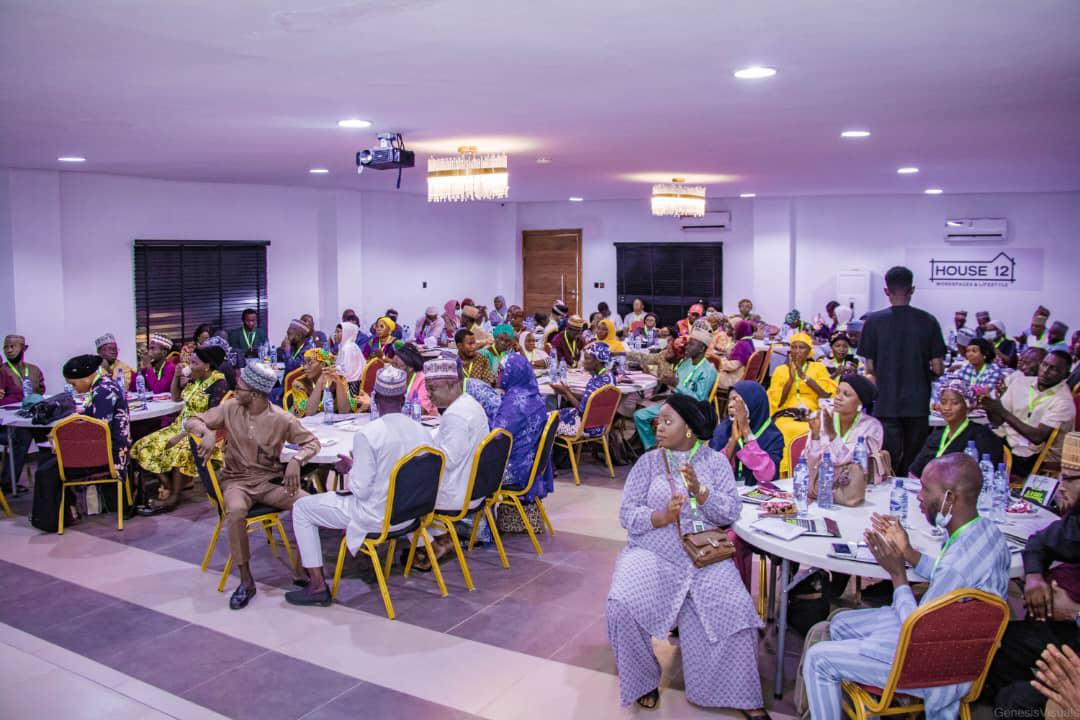Donald Trump, the former President of the United States, has claimed that he will be arrested on Tuesday on charges stemming from an investigation into a $130,000 payment to adult film star Stormy Daniels in 2016. If he were to be arrested, Trump would be the first US president to face criminal charges after leaving office.
The allegations against Trump is connected to a payment made by his lawyer, Michael Cohen to Stormy Daniels in 2016. Daniels had reportedly offered to sell her account of an alleged affair with Trump in 2006 to media outlets. In an attempt to keep her quiet, Cohen paid her $130,000.
While the payment itself is not illegal, prosecutors allege that when Trump later reimbursed Cohen, the payment was falsely recorded as legal fees. Prosecutors claim that this amounts to Trump falsifying business records, which is a misdemeanor, or criminal offense, in New York. They may also allege that the attempt to hide the payments to Daniels amounted to a violation of election law because it was motivated by Trump’s desire to keep his affair with her from the public. Covering up a crime by falsifying records would be a felony, which is a more serious charge.
However, experts have noted that this case is not clear-cut, and there is little precedent for prosecuting politicians for crossing the line between campaign finance and personal spending. Past attempts to do so have often failed. Catherine Christian, a former financial prosecutor for the New York City district attorney, noted that “it’s going to be tough.”
The decision on whether to file charges against Trump rests with New York City District Attorney Alvin Bragg, who set up the grand jury to investigate whether there was enough evidence to pursue a prosecution. He is the only one who knows if or when an indictment will be announced.
Last week, Trump’s lawyers said that the former president was offered a chance to appear before the grand jury, which is considered a sign that the investigation is close to finishing. The lawyers have downplayed suggestions that they or Trump have any advance notice of an impending indictment, saying that his comments about being arrested on Tuesday were based on media reports.
However, other signs suggest that the grand jury is wrapping up its investigation. Both Michael Cohen and his former legal adviser Robert Costello have given testimony in recent days, and Mr. Costello was put forward by Trump’s defense team on Monday in an attempt to discredit Cohen’s testimony.
If Trump is charged, his lawyers have indicated that the former president’s arrest would follow standard procedure. This would involve Trump traveling from his home at Mar-a-Lago in Florida to make an appearance at the New York City court, complete with a formal booking, fingerprints, and mugshot. However, given the historic nature of such a move, and the security concerns involved, the way this would unfold is uncertain and would likely be the subject of negotiation between the district attorney’s office and Trump’s team.
Once the case is booked and a judge is selected, other details will fall into place, such as the timing of the trial and possible travel restrictions and bail requirements for the defendant. The arraignment, where a defendant enters their plea before a judge, is open to the press. However, the court may take measures, such as granting Trump a private entrance to the court, to protect his privacy and maintain security.
Law enforcement agencies, including the Secret Service, which guards Trump.






